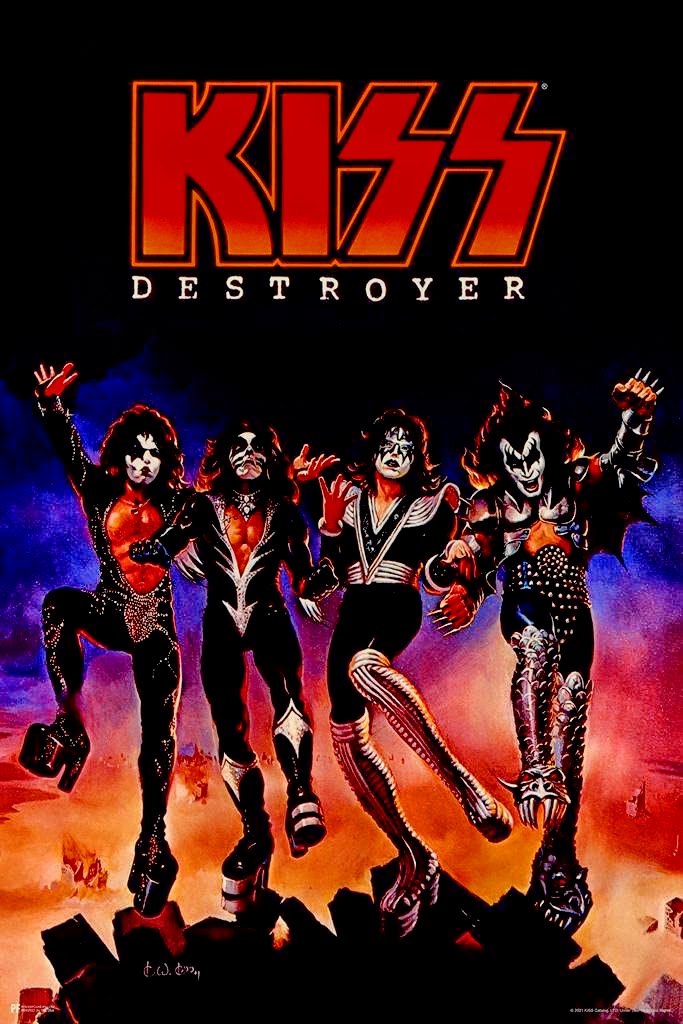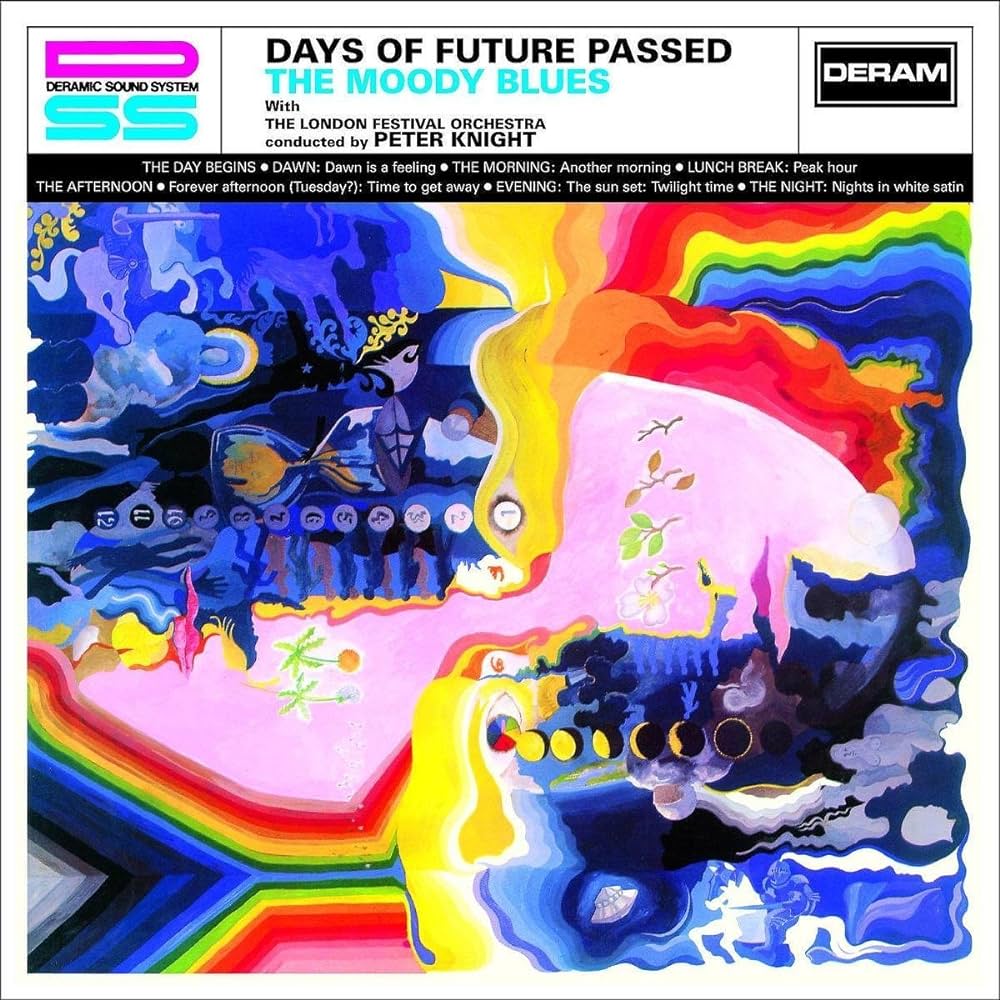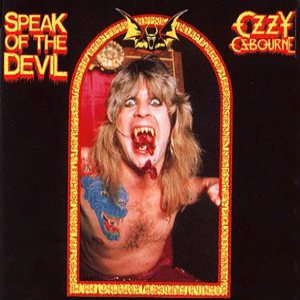Destroyer is a transition of power for KISS. This is their finest work up-to-date. However, more importantly, this is a musical/vocal procedure that will have the band test their creativity and flash their virtuosity into a pantheon of vibrancy and illumination that will gain them the qualified recognition that was absent from their previous periods of craftsmanship. While the album has been criticized over the years as loud but unemotional, the energy and passion of the collected musicianship surpasses the exaggerations enlarged by its critics. Destroyer is a Heavy Metal concept with animation and surprise; it is not, as has been suggested, a trial of thunder ballads and over toned voices of puberty architecture. This is KISS finely tuned and spit polished; this is also a period in their history of paramount development and arcane creativity that will erupt in the next arrival of productive years. With this composition, they will have passed the test set before them.
With such songs as suggestive as ‘Shout It Loud,’ ‘Detroit Rock City,’ ‘Do You Love Me,’ and ‘Beth,’ this assembly of diversity and thunderous recognition of emotion and change will alter the chemistry and rejuvenate the band into a force of prophetic horsepower that will place them on the Stage of Rock for the first time; it will have been gloriously earned. The crashing cymbals of Peter Criss, the gargantuan vocals of Paul Stanley and Gene Simmons, and the ferocious glamour of guitar chords and theatrical distortion of Ace Frehley will culminate into a solid and sacrificial work of musical ecstasy and production. This is the entrance of Bob Ezrin, who would go on to produce the album into the appropriate manner in which it was intended; albeit over the years he has received hard criticism for being overzealous for what has been called ‘melodrama’ songs, Ezrin capitulated the mundane sound that the band had previously been known for on recording; this album stands as a transitional period for the band. It will be a time in their history where musicianship and solidarity as musicians will be put to the test (despite Ace Frehley being replaced on two tracks on the record). Also, Mr. Ezrin will instill traditional and effective musical instruction into the group that is desperately needed for the band to continue its odyssey of imagination and theatrics.
During the recording sessions, Mr. Ezrin is said to have run the operation like a strict classroom of students who did not wish to be told how to play or what to do; despite these misgivings, the technique to motivate the band into playing in a contained fashion proved to be worthy of their time. It was, Gene Simmons claims, ‘something that the band needed exactly.’ Over the years, it has been suggested, even by the harshest of critics, that this album, despite its negative accusations, is a plethora of vivacity and artistic demonstration. The strange mix of power and serenity of vocalization and guitar mechanics proves invaluable. The most noble revelation on the album is Beth, a power-assisted ballad sung and co-written by Peter Criss. Ironically, this is not a KISS song; Criss is backed by a piano and orchestra and not his fellow band members. It would just prove how much the band could pull and persuade the elements of their unseen creativity and resourcefulness at a time of such grave uncertainty and darkening risk. In the end, Destroyer proves to be a spectacular version of the band’s ingenuity and genius. This work will gain them the long-awaited recognition in the music charts. It will also bequeath to the platform of both Hard Rock Infusion and Sensitive Acoustics that will serve them in the riper years to come.
ALBUM INFO:
| Released | March 15, 1976 |
|---|---|
| Recorded | September 3–6, 1975; January 4 – February 5 1976 |
| Studio | Electric Lady and Record Plant, New York City |
| Genre |
|
| Length | 34:28 |
| Label | Casablanca |
| Producer | Bob Ezrin |

© 2024, Mark Grago. All rights reserved.




